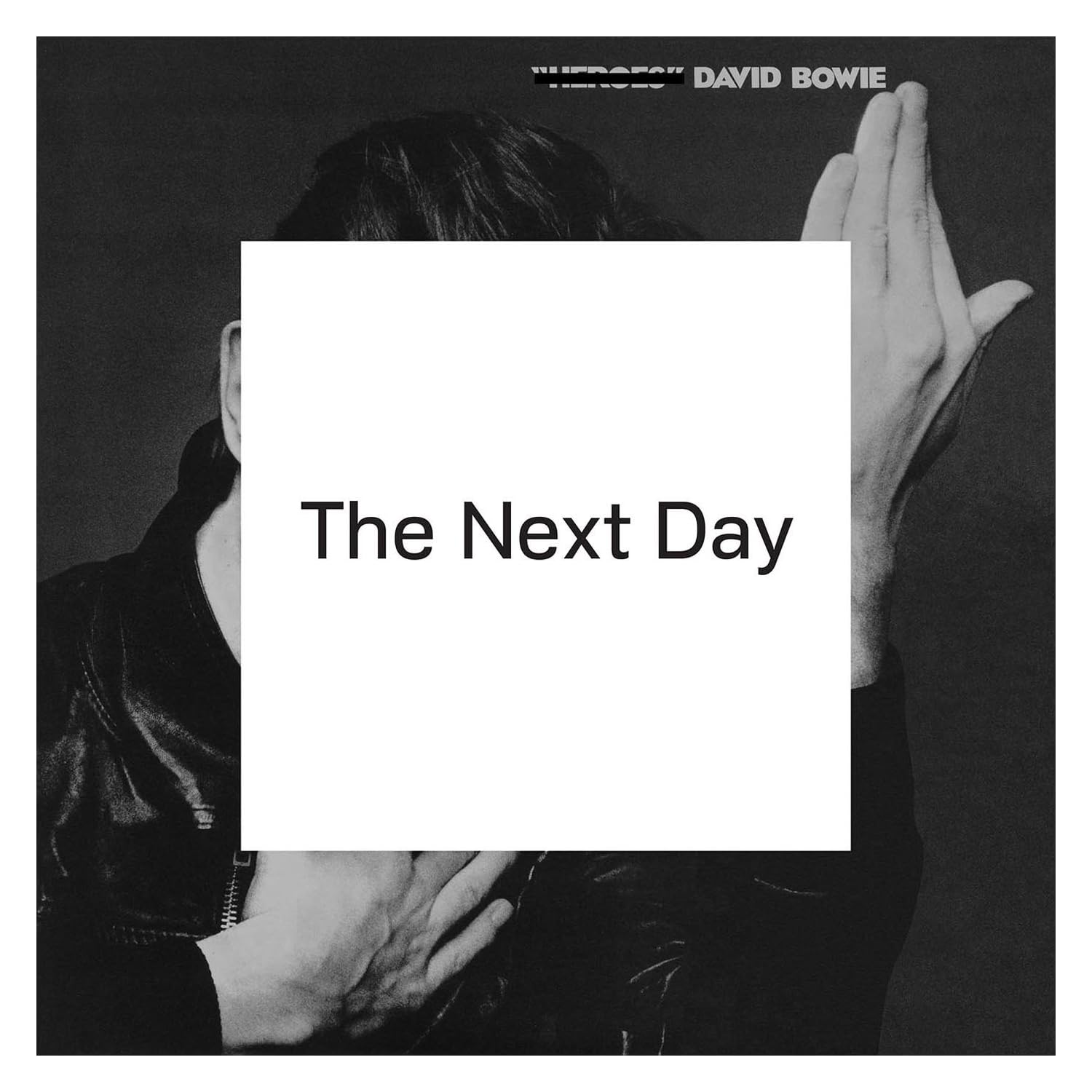Yesterday was a good day for me.
My 'hard copy' of the new David Bowie album arrived via Royal Mail first class delivery. I had decided to go down this rather quaint, old fashioned route as I wanted a 'thing' rather than just a few megabytes of audio digital stuff moving from i-tunes or Amazon to my laptop via my trusty, ancient Netgear router.
I have been playing it virtually non-stop since then. Much to the disgust of the dog (he prefers Miles Davis, I suspect).
What you have to understand is that I have adored Bowie since I was 13 years old. And this got me thinking: how likely is it that there is any 13 year-old out there who, in 40 years' time, will be listening to something new from someone she adores right now? Well, it certainly will not be anyone who is now listening to Justin Bieber or One Direction. Of that I am certain. But I'm comparing apples with pears here. So, where are the innovative writers of music and lyrics who also play and perform their own stuff? Will Ed Sheeran be around in 40 years' time, I wonder?
Did we really reach the pinnacle of rock music in the last 3 decades of the 20th Century?
I don't know, but for me, nothing has quite come close to the genius that was and still is David Bowie.
I remember buying Hunky Dory with my saved up pocket money. To this day, Life on Mars is my favourite song. Ever. I want it to be played at my funeral.
I suspect we all love the most the music which formed the backdrop to our teenage years. Just like certain smells, they will always evoke memories like nothing else can.
A while ago I pointed this out to my 16 year old son who responded something along the lines of 'at least you had some good music in the 70s. What do we have?' I'd be genuinely interested to know the answer to that question. I guess it's a difficult one, without hindsight.
Anyway, back to listening to The Next Day. By the way, my favourite tracks are Where Are We Now and Dirty Boys.
Tuesday, 12 March 2013
Saturday, 9 February 2013
The Daughter of Time and a Reflection on Our NHS
 The Daughter of Time by Josephine Tey
The Daughter of Time by Josephine TeyMy rating: 2 of 5 stars
I have to disagree with all those who, over many decades, have held this book in such high regard.
I found it a strange hybrid. As a novel, the whole set-up just felt contrived. It failed as a mystery novel as there was absolutely no sense of jeopardy whatsoever. As an examination of the history surrounding the disappearance of the princes in the tower, it was interesting but I would have preferred the evidence presented in a more conventional way. Perhaps in the form of Brent Carradine's anticipated book?
What I did like about the book were the parts where Inspector Grant makes his astute observations about human nature.I think I may well enjoy another of the novels in which he carries out a more conventional investigation.
Yet,this was an interesting read for me in the week when the University of Leicester announced that the bones found in a carpark were very probably those of Richard III because the other significant news item of this week has been the findings of an inquiry into the failure of one specific NHS hospital (and by implication other hospitals too)to provide even the most basic care for patients. In The Daughter of Time we see Inspector Grant pictured as a patient in a hospital during the early days of the NHS. Here the consultant, the Matron, the nurses and the porter all have time not just to care for him but to pronounce, at great length, on the character of Richard III. Oh how times have changed. Today they find it difficult to bring a patient a glass of clean water. Now there is a history lesson for us all.
View all my reviews
Subscribe to:
Comments (Atom)
